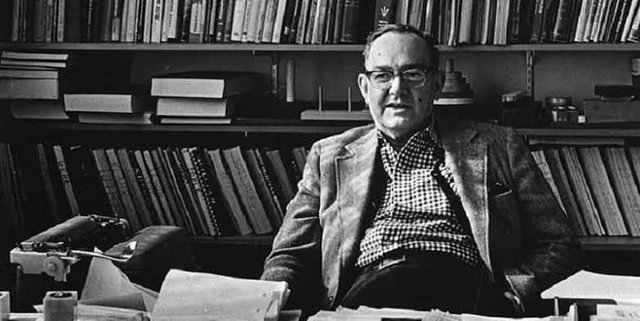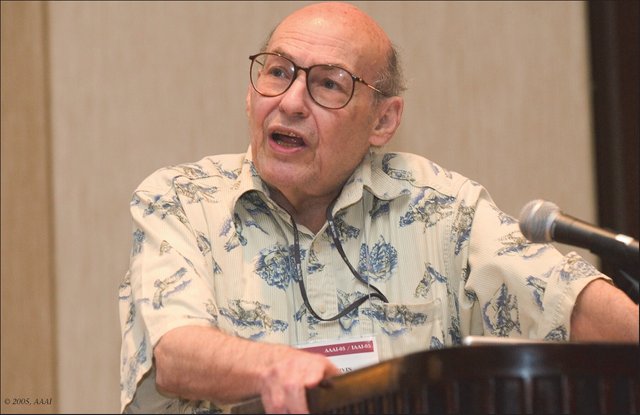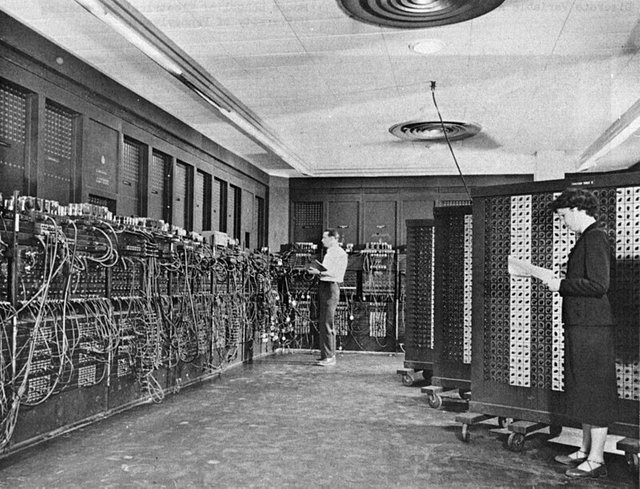Artificial Intelligence – History of Artificial Intelligence Research
ARTIFICAL INTELLIGENCE – History of Artificial Intelligence Research
.png)
In the mid-twentieth century, a handful of scientists pioneered a new approach to developing intelligent devices. It depended on modern discoveries in neuroscience, new mathematical theories of information, understanding of control and stability in the science of communication and automatic control of machines and organisms, and, above all, the invention of the digital computer, a device whose core was derived from mathematical logic.
*• H.A. Simon, 1965
"Within 20 years, machines will be able to do any job that humans can do."

*• Marvin Minsky , 1967
"Within a generation, the problem of creating artificial intelligence will almost certainly be solved."

These prophecies and many such prophecies did not come true. They failed to recognize the difficulty of some of the problems they faced. In 1947, in response to continued pressure from Congress to finance more ambitious projects and Englishman Sir James Lighthill's artificial critique, the American and British governments turned a blind eye to artificial intelligence and stopped research altogether. This was the first dark age of artificial intelligence.

Artificial intelligence research was revived in the early 1980s due to the commercial success of expert systems (a type of artificial intelligence program that can mimic the knowledge and analytical abilities of one or more human experts). By 1985, the market for artificial intelligence had grossed more than a billion dollars. Minsky and others warned the community that if excitement about artificial intelligence ebbs and flows unchecked, it will inevitably experience disappointment.
In 1987, artificial intelligence was once again in disrepute as the list-making computer language tool began to collapse in the marketplace. And then longer. A second dark age has dawned for artificial intelligence.

In the 1990s and early 21st century, artificial intelligence achieved its greatest success, albeit somewhat obscurely. Artificial intelligence has gained acceptance across the tech industries, bringing a huge lift in areas such as detailed planning and execution, data mining, medical diagnostics and many more. This progress was achieved due to several factors. The incredible power of today's computers (see Moore's Law.) The strong emphasis on solving specific sub-problems, the creation of new connections between fields working on similar problems and artificial intelligence, and above all on solid mathematical methods and the most precise scientific standards. Among those factors is the new engagement and commitment of researchers.
Good day friends, i will meet you in another topic of AI technology
My social media platform ;
Facebook : https://www.facebook.com/rajithpriyasad?mibextid=kFxxJD
Whatsapp : https://wa.me/message/Z3B4HOTGSLVGO1
Telegram : https://telegram.org/dl